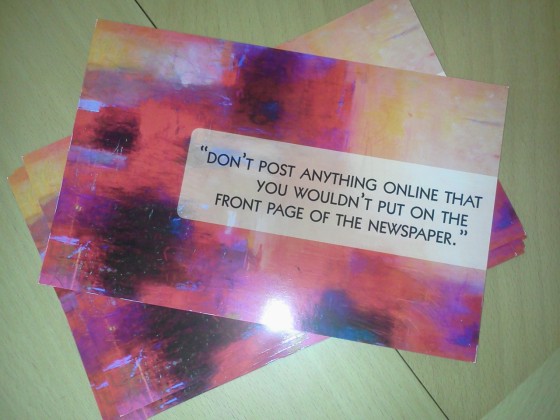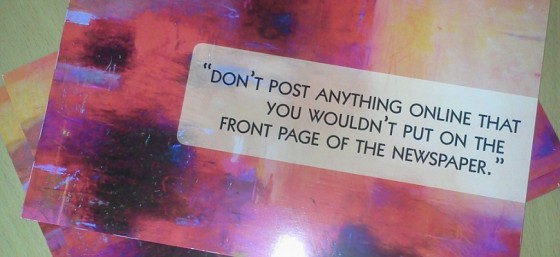
If you have ever hired a third party to do photography, video work, web design, graphic design, or to create website or marketing materials for your company, you should check your contracts. If you didn’t draft it correctly, there’s a good chance you don’t own the copyright in what they created.
When you hire a freelancer or a company to create this type of content for you, you need a work made for hire contract. This contract should state that the person being hired is a contractor (not an employee) that they are being hired to create a works made for hire, and that you will own the copyright in everything they create under the terms of the contract. This contract needs to be in writing and signed before the contractor begins work on your project.
If you don’t do this, you will not own the copyright in the work. You will only have an implied license to use the work in ways specified in your verbal or written agreement. The contractor will still own the copyright in the work. If you repurpose the work in another way without the contractor’s permission, there’s a chance that you will be infringing on the contractor’s copyright. The contractor could sue you for copyright infringement or force you to buy another license to use the work. They could offer to sell you the copyright in the content too, which basically means, from your perspective, you’ll have to pay for the same work twice.
I work with companies and freelancers on both sides of this issue. I encourage companies to make sure they have a proper works made for hire in place with their contractors and to not let their contractors lift a finger until that contract is signed. I often suggest that they have provision in their contracts that states the contractor will indemnify the company against any infringement claims made against the company because of the contractor’s work. The company should make the contractor cover the attorneys’ fees and any damages if it turns out the contractor ripped off someone else’s work instead of creating the work themselves.
On the flip side, I frequently write contract templates for freelancers to ensure that they understand what rights they are retaining and which ones they are giving up. Many freelancers want contracts that give the hiring party the copyright in their work and that also give the freelancer a license to put a copy of their work in their portfolio so they can use it to obtain other jobs. Without this license, the contractor can’t use their work in any way without risking violating the copyright that the company now owns, even though they created it.
If you are a freelancer or a company who hires third parties to create content, please contact a copyright attorney to make sure your rights and interests are protected by the terms of your contracts. You can connect with me on Twitter, Google+, Facebook, YouTube, LinkedIn, or you can email me.
You can also subscribe to the Carter Law Firm newsletter.
Please visit my homepage for more information about Carter Law Firm.









